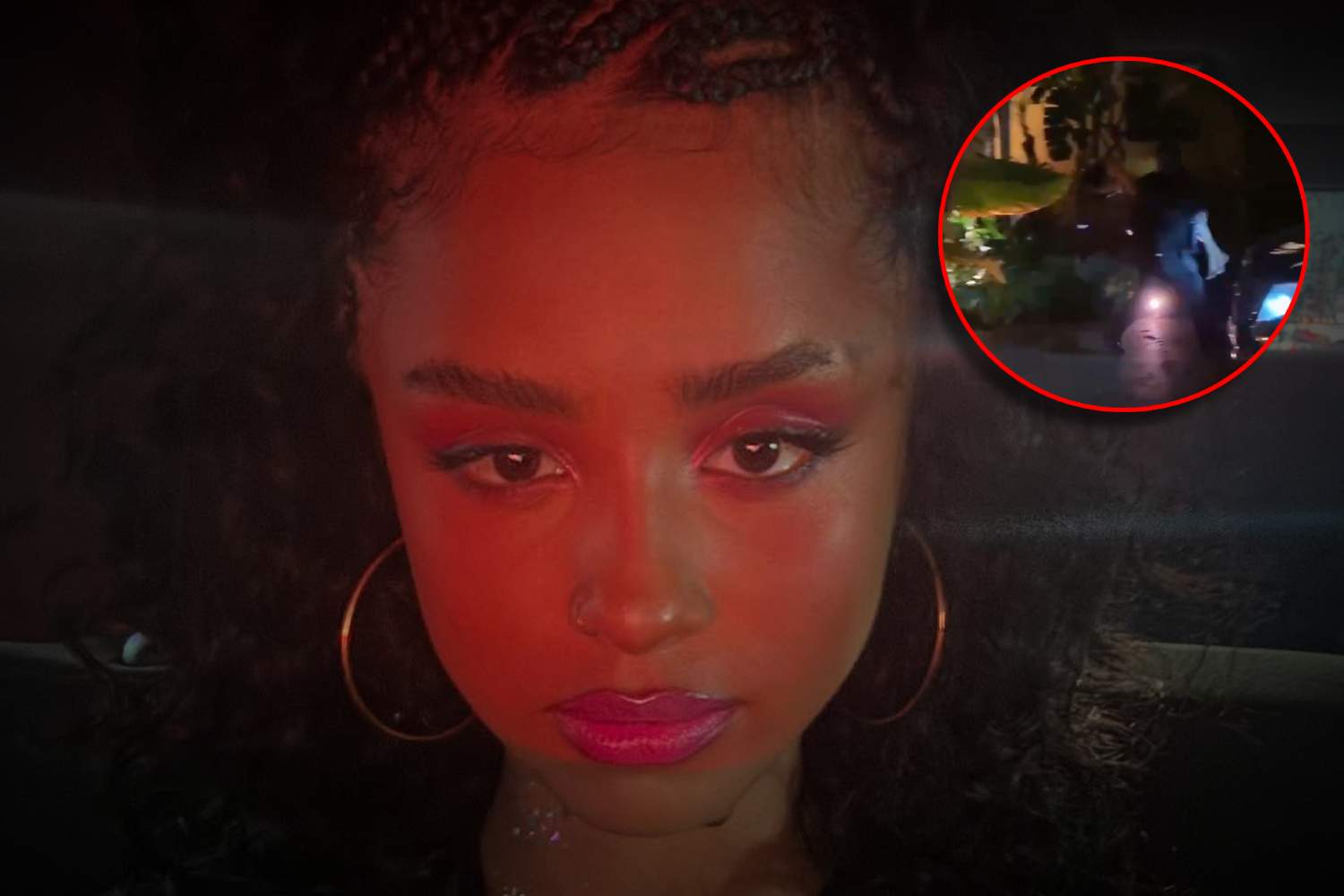A video showing South African pop star Tyla being carried to her car by a security guard has sparked widespread concern among fans.
Viral Tyla video raises alarm
The clip, which circulated online, shows the singer in a lime green dress being lifted by her bodyguard before being placed in the car by another man.
The incident reportedly took place this week in the early hours of the morning at a party in São Paulo, Brazil.
Although Tyla’s face could not be clearly seen, other footage from the event confirms her presence.
Earlier in the night, she was seen dancing energetically and recording videos with friends, leaving many puzzled about what caused her to appear passed out.
Fans expressed outrage over the video, with some questioning whether the singer had experienced a health scare, while others suggested she may have simply overexerted herself during the party.
In true Tyla fashion, the singer surfaced on social media to calm worries by posting an iconic image of Beyoncé passed out in her escort vehicle in London, a moment that shook the entertainment scene in 2006.
The viral video coincides with ongoing criticism Tyla has faced online after her latest EP, WWP (We Want to Party), released on 25 July 2025, reportedly sold only 3,700 units in the US during its first week.
Critics used this to claim a decline in her commercial success compared to her breakout hit single Water.
However, music executives have dismissed these claims, explaining that in today’s digital era, EP sales are not the primary measure of success. Innocent Shezi, award-winning producer and founder of Shezi Entertainment, told City Press:
“Today, success is measured by streaming numbers and social media influence, not just album or EP sales.”
Goodwill Nkuna, sales and product manager at Gallo Music, echoed this, noting that a single song can generate far more revenue and visibility than a full EP.
He added that platforms like Spotify and Apple Music are far more financially valuable than YouTube streams, and that subscription streams count more than ad-supported ones.
The shift from traditional album sales to digital streaming has changed how the music industry measures success.
Streams indicate popularity and audience engagement, which can generate royalties for artists.
